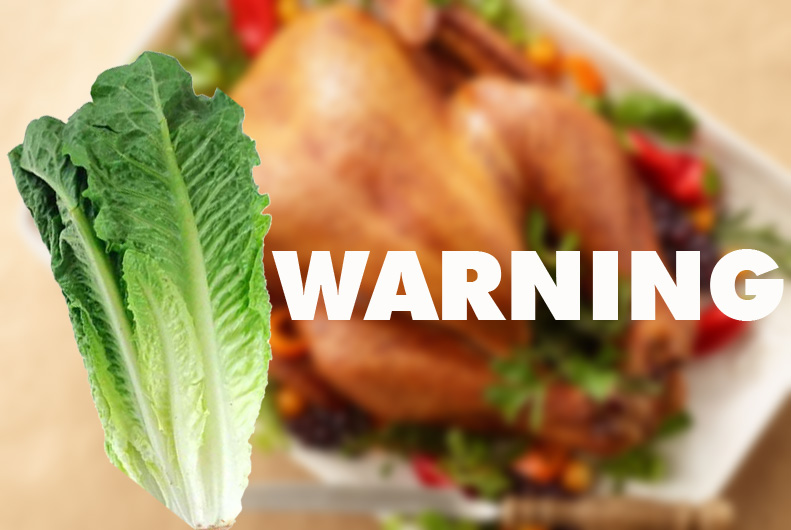
BAHFSA PRESS RELEASE
November 28, 2018
FOR IMMEDIATE RELEASE
Nassau, N.P., Bahamas
The following is an update to the November 21st, 2018 warning issued by The Bahamas Agricultural Health and Food Safety Authority (BAHFSA) advising consumers not to eat US grown Romaine Lettuce due to the ongoing E. coli outbreak. In addition, the warning also advised against consuming any turkey, including the Jennie-O-Brand, due to the Salmonella outbreak.
In their investigations of the multistate outbreak of E. coli O157:H7, the Food and Drug Administration (FDA), along with the Centers for Disease Control (CDC) and Prevention, and US state and local agencies, have linked reported illnesses to lettuce grown in California. Preliminary results of a trace-back investigation revealed that those who became ill in several parts of the US were exposed to romaine lettuce harvested in California, specifically the Central Coast growing regions of Northern and Central California.
Therefore, romaine lettuce, including hydroponically and greenhouse-grown romaine, harvested outside the California regions identified above does not appear to be related to the current outbreak.
US agencies will now require romaine lettuce to have new labeling, which will include the harvest location and harvest date or labeling that indicates whether the lettuce has been hydroponically or greenhouse-grown. The FDA recommends that if romaine lettuce does not have this information, consumers should not eat it. They also recommend that consumers avoid eating romaine from the Central Coast growing regions of Northern and Central California.
The turkey recall by the USDA, including the Jennie-O Brand turkey products identified in that company’s voluntary recall, remains in effect.
In light of this information, BAHFSA urges consumers to be vigilant and practice good hygiene when preparing lettuce or any raw, ready-to-eat products or raw products to be cooked for consumption.
Persons who consume contaminated lettuce may experience the effects of the illness for 12 to 24 hours or up to a week after ingestion. These effects may be in the form of vomiting, stomach cramps, diarrhea, fever, loss of appetite and, in immune compromised individuals, kidney failure.
Those who consume contaminated turkey may experience fever, diarrhea, abdominal cramps, headache, nausea, vomiting, and loss of appetite within 12 to 72 hours after eating the contaminated product; children 5yrs and younger, the elderly, pregnant, and persons with a compromised immune system may experience a more severe level of illness. If you or a family member shows signs of these symptoms, report immediately to the nearest Community Clinic for treatment.
BAHFSA, the MOH, and the DEHS are committed first and foremost to the health and safety of all consumers, both Bahamian and visitors alike. As such, BAHFSA, MOH and DEHS will continue to update consumers on the status of both outbreaks as the information is made available by the CDC, FDA and USDA.
Consumers who may have questions or concerns should contact BAHFSA at: christopherworrell@bahamas.gov.bs or patriciajjohnson@bahamas.gov.bs





